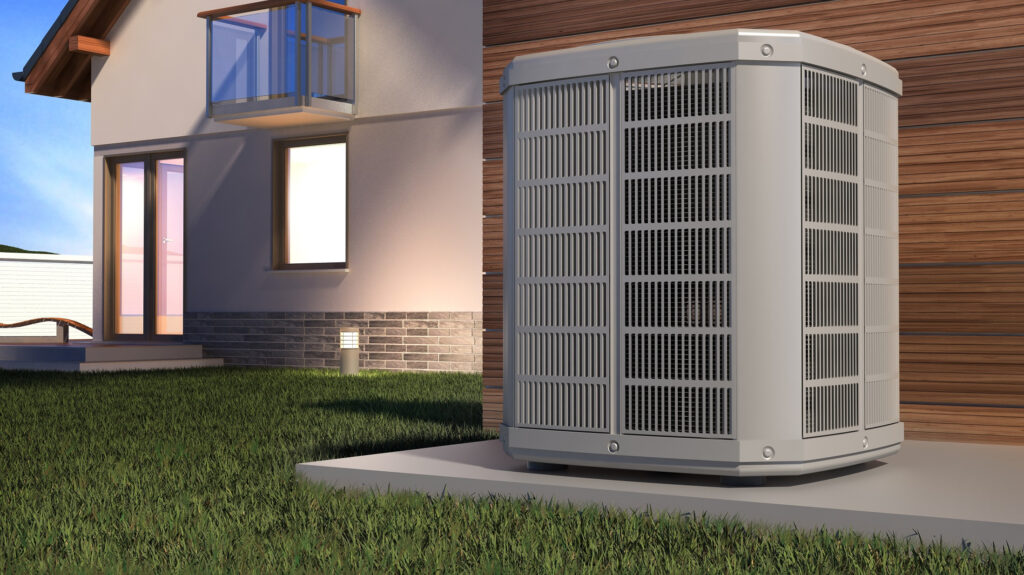Western Power Distribution (WPD) has published what it has described as its most ambitious low carbon heating strategy, showing how it plans to connect domestic low carbon heat technologies (LCT).
The distribution network operator (DNO) said that customers will be able to connect LCTs “quickly and affordably without capacity being a barrier”, having developed the strategy to create a network that is flexible, resilient and ready ahead of need.
In order to support the large scale connection of heat pumps – with the government aiming for 600,000 heat pump connections a year by 2028 – WPD is installing larger cable assets on new build substations.
It said its use innovative solutions to allow for faster and more efficient heat pump connections will help to meet that goal, with WPD projecting it will connect over 628,000 heat pumps across its network during the next price control period in 2023-28.
The DNO added that it expects heat networks to be easily accommodated, while its strategy also touches on technologies such as thermal storage, combined heat and power, hydrogen and solar district heating plants – stating it believes these technologies will all play a role in the future of the UK’s domestic heating.
“While insulation measures are crucial for decarbonising the UK’s housing stock, the efficiency of low carbon technologies relies on network operators like WPD and our ability to map homeowners’ future demand patterns, connect LCTs in near real-time and reinforce the electricity network,” said Paul Jewell, WPD’s system development manager.
WPD is also to use information supplied by Sero and POBL Housing Association based on the energy use of 250 new build homes fitted with a complete suite of low carbon technologies, including electric vehicle (EV) chargers, solar panels, battery storage and heat pumps.
Indeed, the DNO is working with Sero – alongside a range of other partners – on a £15.38 million project dubbed EQUINOX, which is trialing the use of heat pumps for flexibility.
The new strategy follows WPD announcing last year that it can approve most new connections for domestic EV chargers and heat pumps on the same day or the next day after the implementation of new processes.






